MercoPress. South Atlantic News Agency
International
-
Thursday, July 26th 2012 - 19:42 UTC
FAO and OIE call on countries to comply with destruction of “rinderpest” virus samples

The UN's food agency FAO and the OIE (Animal health organization) called on countries on to comply with a 2011 global moratorium and destroy potentially dangerous “rinderpest” virus samples or put them into safe storage.
-
Thursday, July 26th 2012 - 18:38 UTC
Sea Shepherd leader Watson skips bail fearing extradition to Japan

Sea Shepherd leader Paul Watson has skipped bail and fled from Germany, with his supporters claiming they fear he would have been extradited to Japan over Antarctic whaling protests.
-
Thursday, July 26th 2012 - 09:07 UTC
Immigration compensated for fewer babies, helped Germany increase population

The number of babies born in Germany sank to a record low in 2011, official statistics showed Monday, but a surge in immigration to Europe's top economy led its population to grow.
-
Thursday, July 26th 2012 - 09:00 UTC
EC criticizes US risk rating agencies handling of the Euro-zone crisis
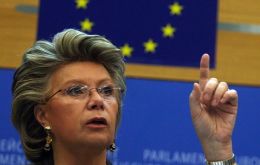
A top official from the European Commission was particularly critical of the credit risk rating agencies in their handling of the Euro crisis and Germany brushed aside the latest rating agencies announcement saying the country is in a very sound economic and financial situation.
-
Thursday, July 26th 2012 - 06:49 UTC
London Day 1: a blooper and an athlete ousted for racist remarks
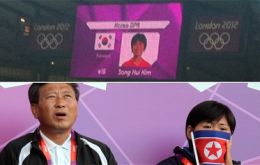
The Olympic Games in London took off with a blooper that delayed a women’s football match and the ousting of a Greek athlete for tweeting racist remarks. It all started in Glasgow where the North Korean women's football team has walked off the pitch after their images were shown on a screen beside a South Korean flag.
-
Thursday, July 26th 2012 - 05:28 UTC
PM Cameron receives Dilma to talk about Olympics, trade and global economy
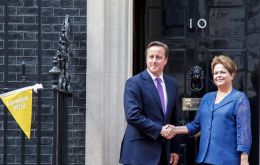
Brazil's President Dilma Rousseff held talks with British Prime Minister David Cameron on Wednesday to pick up some tips on staging the 2016 Olympic Games in Rio de Janeiro.
-
Thursday, July 26th 2012 - 00:42 UTC
Ecuador suspends decision on Assange until after the Olympics in London
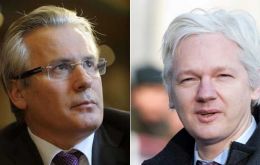
Ecuador's Foreign minister said on Wednesday there will be no decision until after the Summer Olympics on the political exile request of WikiLeaks founder Julian Assange.
-
Wednesday, July 25th 2012 - 22:02 UTC
China growth highly vulnerable to the Euro zone crisis warns the IMF

The International Monetary Fund (IMF) has warned that the worsening debt crisis in the Euro zone poses a “key risk” to China's growth. IMF added that China also faces domestic risks, not least from a sharper-than-anticipated decline in the property market.
-
Wednesday, July 25th 2012 - 21:54 UTC
French president Hollande welcomes new Paraguayan ambassador to Paris
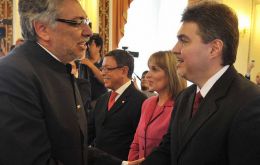
Paraguayan ambassador Emilio Gimenez Franco presented last July 11 his credential letters to French president Francois Hollande, making him the country’s representative before Paris.
-
Wednesday, July 25th 2012 - 20:54 UTC
Red Cross to again address London over the Falklands Argentine unnamed graves
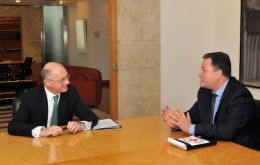
The International Red Cross pledged it will again contact British authorities with Argentina’s request for special forensic groups to travel to the Falklands to identify combatants buried in Islands’ unnamed graves.
